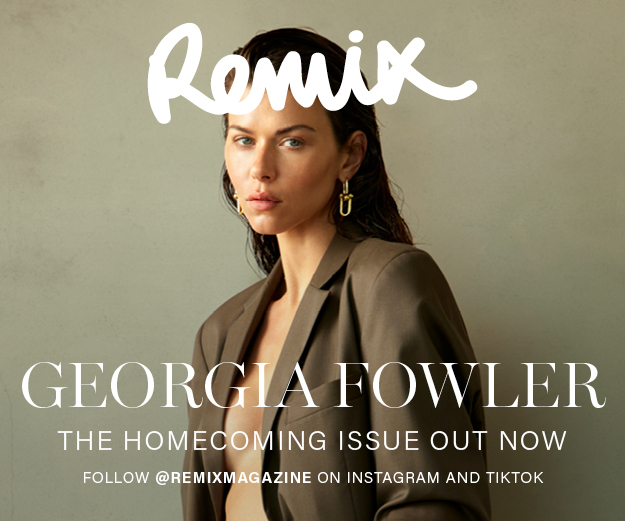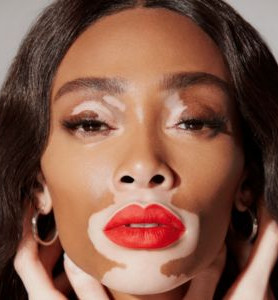Sex education with Bumble's resident Sexologist, Chantelle Otten
Remix was recently invited to attend an afternoon with Bumble and their resident Sexologist, Chantelle Otten to discuss their recent “Modern Romance” report. Sitting in a room with a group of like-minded, confident modern women, we talked about sex. One of the main focal points we took away from that discussion was the fact that Kiwis are some of the most guarded people in the world when it comes to talking about sex and sexual desire. Remix’ Nina Franklin asked Chantelle to break down this study a little more to encourage our readers to be having these conversations…
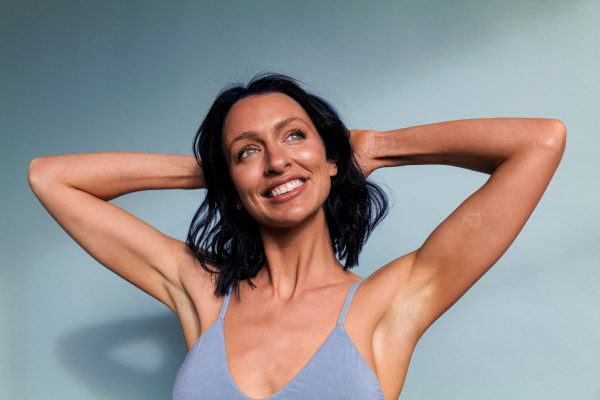
What led you to become a Sexologist?
My career started after I had finished studying psychology - I knew I didn’t want to be a generalised psychologist, but I wanted to talk about something interesting and special that I felt passionate about. My mum sent me a TEDTalk by Esther Perel, a famous psychotherapist who talks about the nuances of desire and infidelity. After watching her TEDTalk, I was hooked. I went on a rampage trying to learn as much as I could about Sexology and ended up enrolling in a science in medicine degree specialising in sexual medicine at Sydney University. I was able to move to Amsterdam and gain experience working in a gynaecology Sexology clinic and then study through the European Society of sexual medicine. When I moved back to Australia I started my practice, and here we are five years later. I now have 20 staff members and a career that has exceeded my expectations in leaps and bounds!

How would you define the term “sex?”
What sex means to different people will vary. To me sex is anything under the sexual umbrella. So it is activities, it is actions, it is attitude. Sexual well-being is extremely important, and fundamental to my practice. I like to base my sex education around pleasure and look at it as pleasure education. The main thing is sex should be fun, pain-free, safe and without judgement.
Ethical non-monogamy… can you please elaborate on this?
The concept of ethical non-monogamy (ENM) is at the centre of how modern society is redefining dating. Also known as consensual non-monogamy, this refers to romantic relationships that aren’t exclusive between two people, and it will look different in every scenario. In the past, pop culture has presented the concept of ‘open relationships’ in a very sordid way, but ENM is rooted in the practice of healthy communication, open discussion around boundaries and mutual respect for the people involved. And it’s not just about sex, but emotional connection as well.

What would be your advice for couples wanting to explore ethical non-monogamy?
My advice would be not to rush into it, but learn as much as you can. There are so many different types of ENM relationships that work for different people. I encourage you to also make sure that your communication is strong because you will need a lot of it if you are entering into a non-monogamous relationship.
According to the Bumble Modern Romance Report, almost one-quarter of Kiwis have admitted to lying about the number of sexual partners they have had, why do you think this is?
I believe there’s been so much emphasis on what your number is and I understand why a lot of people have lied about the number of sexual partners that they’ve had. Some people will either exaggerate or downplay their total number. I believe that there is a stigma, where the number of sexual partners you have had tells you more about who you are as a person. But this is nonsense. I also believe that there are gender norms associated with creating different expectations about the socially acceptable number of sexual partners. And I also believe in the sexual double standards, where masculine people are praised for a high amount of sexual contact but femme people are stigmatised for the same behaviours.
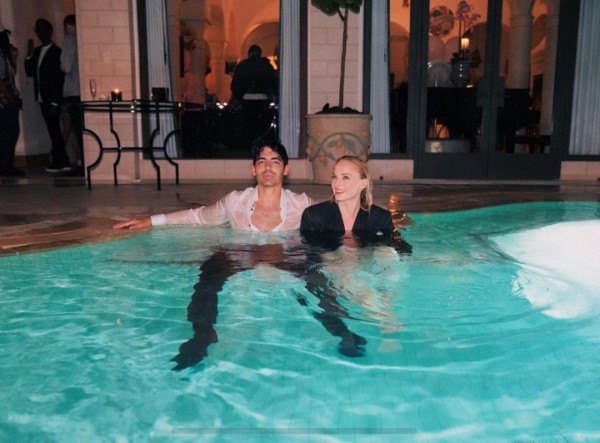
Is there such a thing as too many sexual partners?
Not at all. as long as everyone involved consents and is free from harm. In fact there are many benefits of having sex, so if you have experience with lots of different people, you not only have varied knowledge on different sexual pleasures and experiences, but you are also reaping the health benefits of sex! Such as reducing the risk of prostate cancer.
21% of Kiwis think that having too many sexual partners is a turn-off, why do you think this is? Is this a backwards view and is there any way we can remove the stigma surrounding having a larger number of sexual partners?
I believe this is a backwards view. This is essentially slut shaming - which is where you criticise people, especially feminine people, who you perceive to violate socially acceptable behaviours regarding sexuality. It’s rooted in misogyny, and is used by people of all genders. It’s sexist, and is an aspect of female intra-sexual competition, because historically the timeslot has been used to reduce the value of a woman. Even though we are reclaiming this word now, in the past being a slut was seen as being against a woman’s gender norms. What we need to do is lean into our feminist actions, and try to abolish these double standards within gender roles. It’s part of high context culture, where it is easier to victim blame, and slut shaming is rooted in victim blaming.
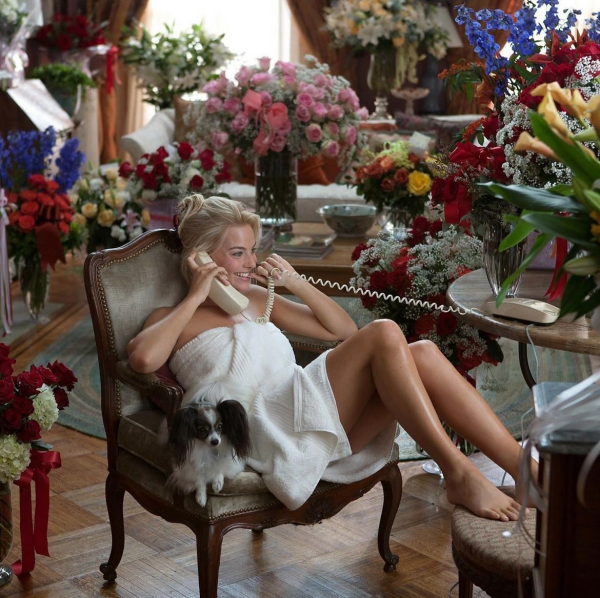
How important is sexual compatibility to having a successful long-term relationship?
Interestingly, our research found that in the early stages of dating, sexual compatibility is either important or very important to 70% of Kiwi singles. I find this stat very interesting, because sexual compatibility is important, but we have to remember that you can create sexual compatibility within a relationship, even if it was not there from the beginning. Learning and growing together as a couple, and teaching each other about different sexual activities is it wonderful way to form a safer and stronger sexual bond.
What would your advice be to couples and singles wanting to explore their sexuality and learn more about what their sexual preferences might be?
I recommend that people leave judgement at the door because there is no space for judgement within a sexual relationship. Everyone’s preferences in the bedroom are individualised. I would suggest starting this conversation outside the bedroom, and always be open-minded, complimentary and curious when it comes to other people and their sexual preferences. Use positive and open-ended questions, and take some time to digest and process your sexual partners’ preferences, asking questions where you need to.
For singles, my advice would be to be open and honest about what you are looking for on your Bumble profile. It's better to lead with what you are looking for, rather than what you are not looking for. Go in with an open mind and make sure you aren’t settling for matches that don’t match your vibe. Remember that your profile is their insight to your personality and you as a person, so if you are willing to explore - make that clear!


